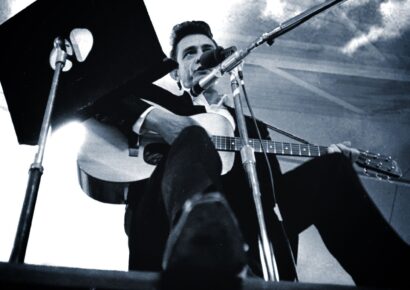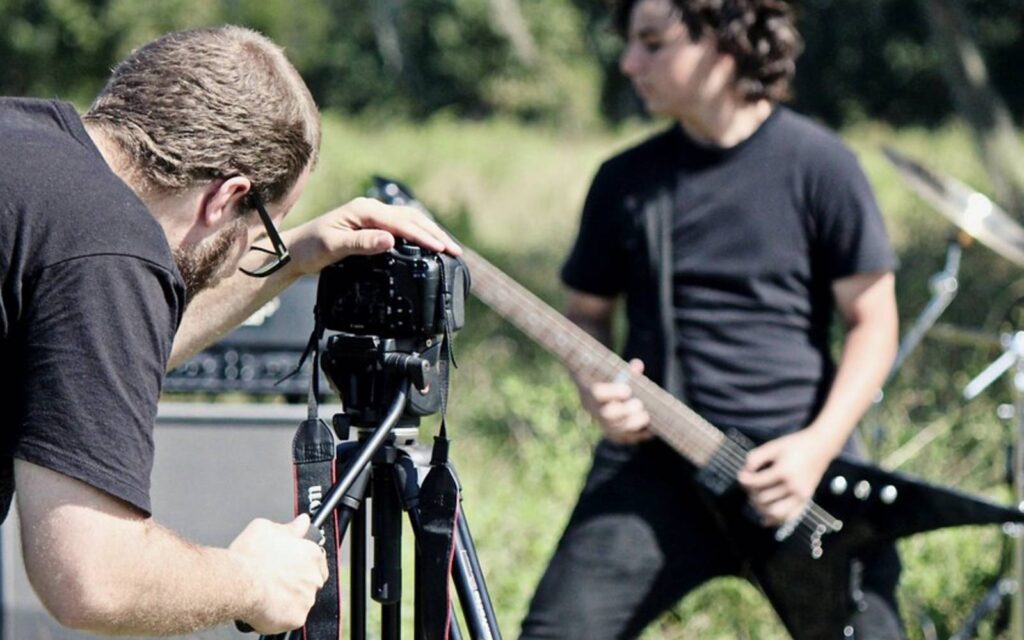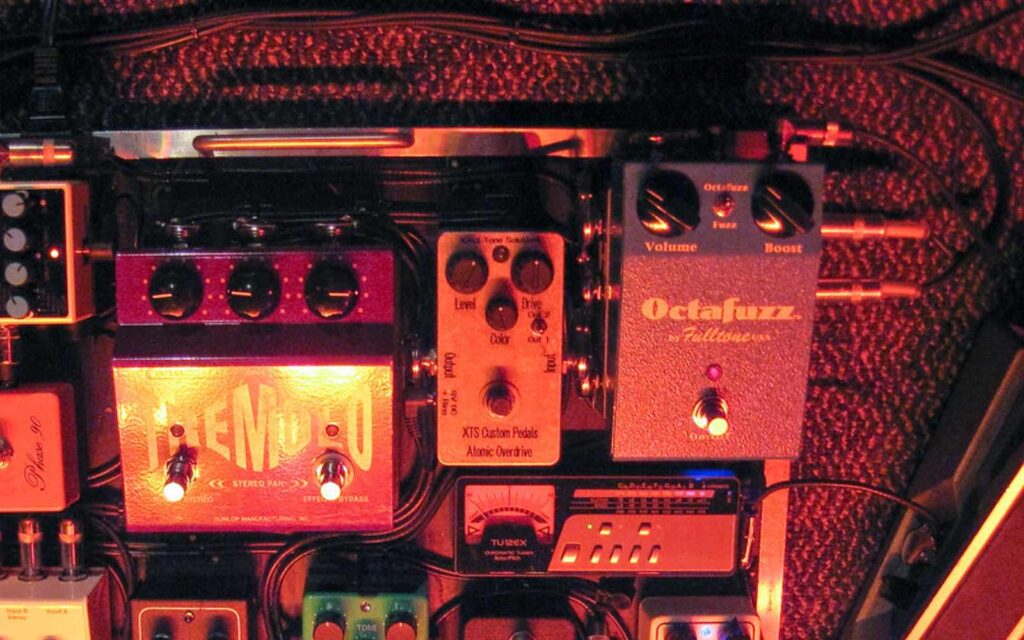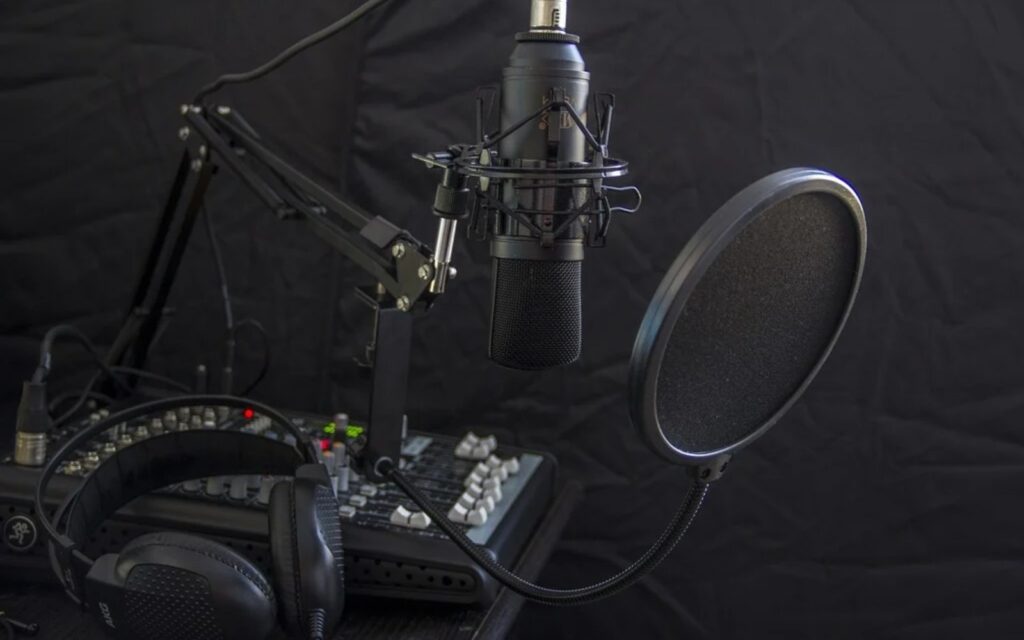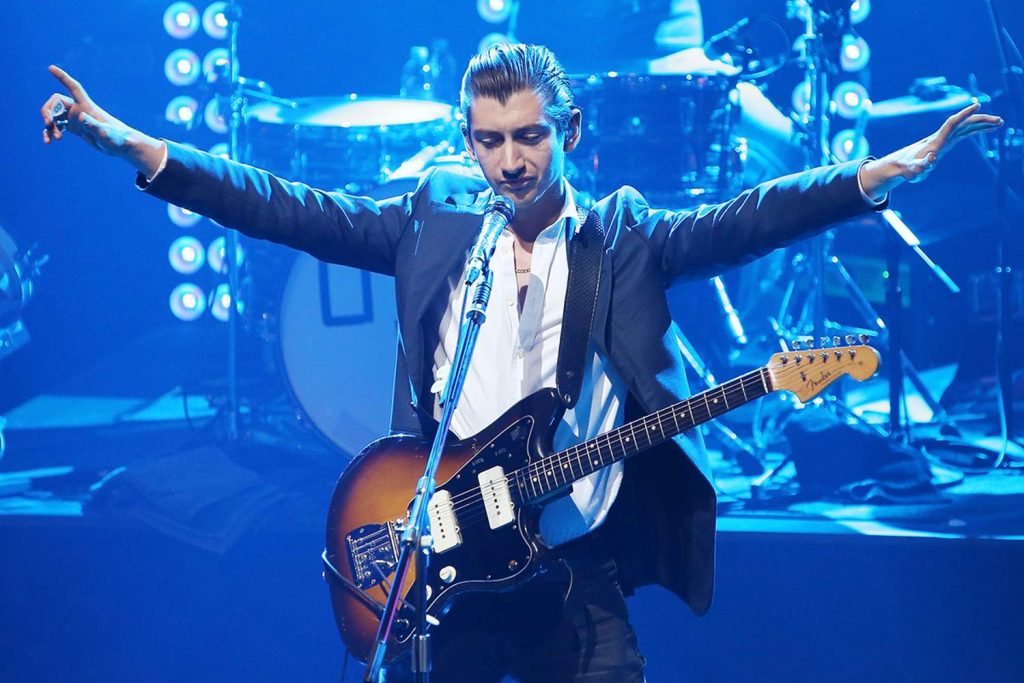Music can be all fun and games - until it's not! While nothing is created from a vacuum, there's a fine line between inspiration and plagiarism.
Being aware of the ins and outs of music copyright is fundamental to a career in music and must be placed in a position of utmost importance. Don’t worry guys – we’ve answered all of the questions you might have about protecting your musical works.
Before we dive in, it’s important to note that is all purely objective advice and hold no legal grounds! Mixdown is all about helping the makers, the players and the creators, but we’re not lawyers!
How do I protect my music with copyright?
Under the Copyright Act 1968 and the Berne Convention, songwriters and the like are provided automatic copyright protection. That is, once it is in a ‘material form’. To put a melody or lyrics into ‘material form’, all you need to do is write it down or record it. From then on, you are the ‘author’ or copyright holder of the work. While it’s not necessary to put your name, the year of publication and the copyright symbol on your songs in Australia, there’s no harm in covering all your bases. Remember, these pieces of information are required for international purposes.
Read more gear features, artist interviews and how-to columns here.
At the end of the day, while copyright is ‘automatic’, it’s important that you have proof of the creation process, the completion date, the title, when and where it was first played etc.
What can I cover with copyright protection?
Copyright protection can be granted to two different subcategories.
- ‘Works’ – literary, musical and dramatic works & artistic works i.e. photos.
- ‘Subject matter other than works’ – sound recordings, published editions, film and broadcasts.
What rights does copyright protection give me?
Once you become an owner of a copyrighted material you are given the exclusive right to:
- Reproduce the work through sheet music, recordings, synchronising and advertisements.
- Publish the work through providing the public with copies.
- Perform the work in a public setting through live performance, radio, television, online platforms and public projection.
- Adapt or ‘remix’ the work as they see fit.
Who holds the rights to the different copyright types?
There are three main elements to the ownership of copyright when it comes to a song: the musical work itself, the recording and the performance.
The songwriter and the individual/s responsible for the melody and lyrics are the owners of the song’s copyright. Whereas, when it comes to the song’s recording, before 2005 it was stated that whoever paid for and made the arrangements for the master recording held total ownership. Now, The Implementation Act has granted the performers on the recording with an equal share of the recording’s ownership. However, if employed to perform on a recording, the artist’s employer owns the copyright unless another arrangement is agreed upon. The Implementation Act also ensures that it is illegal to reproduce or communicate an unauthorised recording of the performance.
How long does copyright protection last?
Before 2005, the copyright protection term of musical or literary works (composition and lyrics) and sound recordings spanned for fifty years from the end of the year in which the current owner passed away. With the change came an extension to both terms that now sits at seventy years after death. Nevertheless, any song created or published before 2005 has not been granted the same extension.
Who can use my copyrighted material?
There are only a few circumstances in which individuals or groups may use your copyrighted works without permission. Under the Copyright Act 1968, there is an exception to the rule when it comes to ‘Fair Dealing’, which includes research or study, criticism or review and reporting news. Exceptions are also made for ‘Parody & Satire’ or an ‘Insubstantial Portion Of The Work’ being reproduced. While there are no clear-cut rules for each of these exclusions, they help to guide creatives when dealing with the use of another individuals work.
For all other use of copyrighted material, copyright holders must grant the assignment of copyright or a copyright licence. Assignment is a transfer of ownership and rights, as if the owner has sold them and therefore given up ownership and control. However, when a copyright owner gives a licence, they allow another person to use their work as agreed upon but they still remain the owner of said copyright. Ultimately, granting a licence can be a great way to increase revenue without handing over your exclusive rights
What types of royalties can I potentially receive as a music copyright owner?
- Performance royalties – payment made to songwriters and publishers when their songs are publically performed.
- Print royalties – payment made to songwriters and publishers when sheet music is sold.
- Mechanical royalties – payment made to songwriters for the sale of their recorded musical composition.
- Synchronisation royalties – payment made to songwriters when their recorded music is used in a film, advertisement etc.
For more information on copyright and music, head here.

